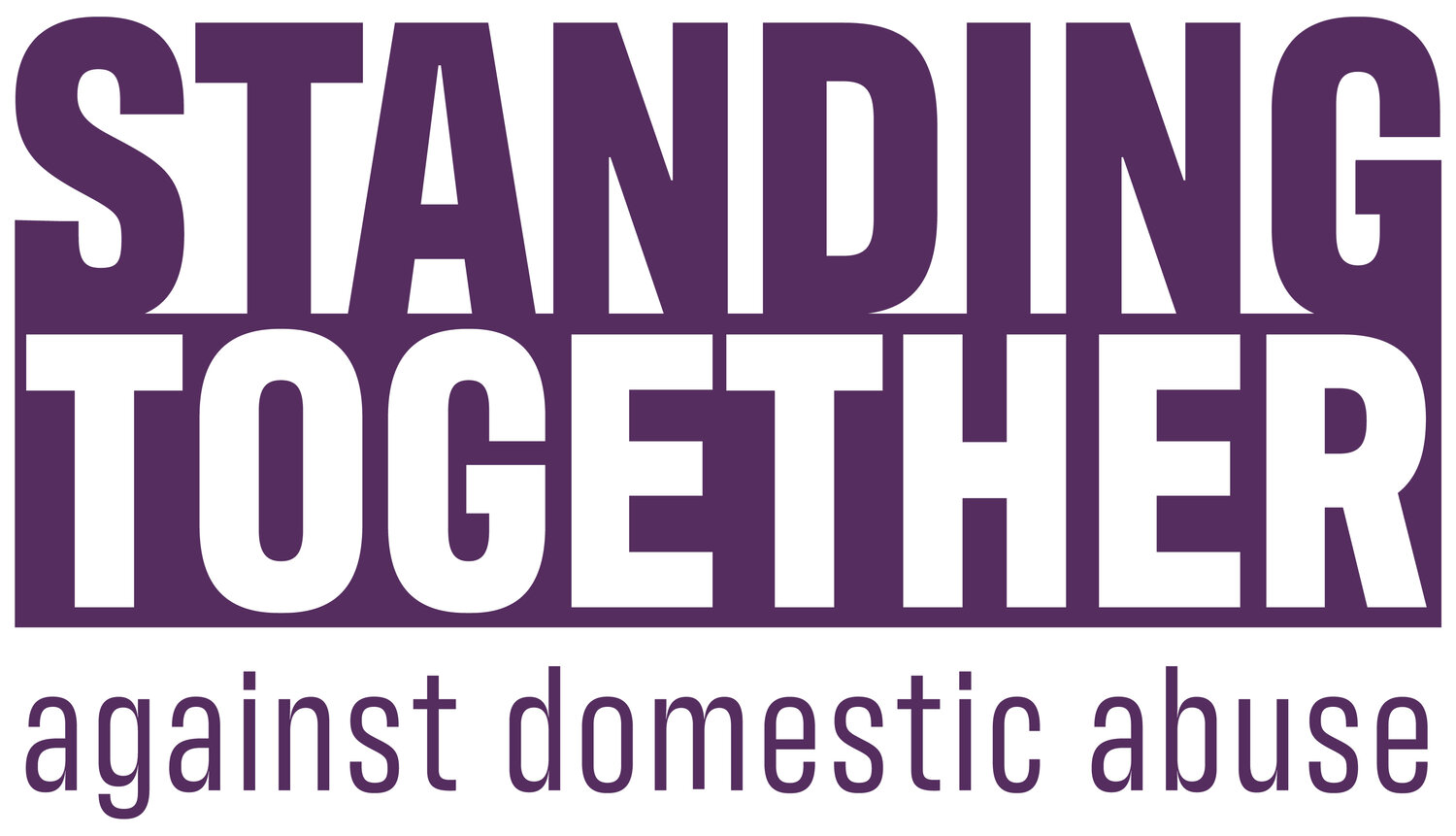Honouring Harpreet: A Call for a Coordinated Community Response to Support Migrant Survivors of Domestic Abuse
At Standing Together Against Domestic Abuse, our hearts go out to Harpreet's family during this difficult time. We are inspired by her courage and commitment to empowering others. Her story highlights the unique challenges faced by migrant women in abusive situations.
We also Stand Together with all survivors who have endured similar hardships. The systemic barriers and injustices you have faced are unacceptable, and we are committed to advocating for change.
Harpreet’s experience—encompassing various forms of abuse and the threat of deportation—reveals the devastating consequences of a fragmented system. Migrant women often face isolation, language barriers, and fear of losing their right to remain in the UK. Perpetrators exploit these vulnerabilities, using immigration status as a tool of control. This is unacceptable. No survivor should have to choose between staying in an abusive relationship and facing deportation or destitution.
Cherryl Henry-Leach, CEO of Standing Together Against Domestic Abuse, stated:
"Harpreet’s courage in speaking out is a testament to the resilience of survivors, but it is an indictment of our systems that she had to endure so much before finding safety. A Coordinated Community Response is not just a model—it is a lifeline for survivors like Harpreet. It ensures that no one falls through the gaps, and that every survivor, regardless of their background or immigration status, receives the support they need to rebuild their lives."
At Standing Together, we are committed to an intersectional approach that recognises the unique challenges faced by migrant women. Their experiences are shaped by the intersection of gender, immigration status, ethnicity, and economic vulnerability. To address these challenges, we must ensure that our systems are inclusive, trauma-informed, and designed to meet the needs of all survivors.
To achieve this, we recommend the following actions, informed by the Domestic Abuse Commissioner’s report:
Strengthen the Coordinated Community Response (CCR): Ensure that all agencies—police, social services, healthcare, and specialist domestic abuse services—work together seamlessly to support migrant survivors. This includes providing culturally sensitive support, language interpretation, and legal advice.
Implement a Data-Sharing Firewall: Separate police and immigration enforcement in cases of domestic abuse, so migrant women can report abuse without fear of deportation.
Expand Access to Specialist Services: Increase funding for specialist ‘by and for’ services that understand the unique needs of migrant women and other marginalised groups.
Guarantee Safe Housing and Financial Support: Ensure that migrant survivors have access to safe housing and financial assistance, regardless of their immigration status.
Reform Immigration Policies: Simplify and expedite the process for migrant survivors to secure indefinite leave to remain, ensuring they are not forced to stay in abusive relationships due to insecure immigration status.
Harpreet’s story is a call to action. It reminds us that domestic abuse does not discriminate, and neither should our response. We stand with Harpreet and all migrant women who have endured abuse, and we will continue to advocate for a Coordinated Community Response that leaves no survivor behind.
